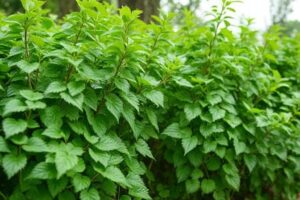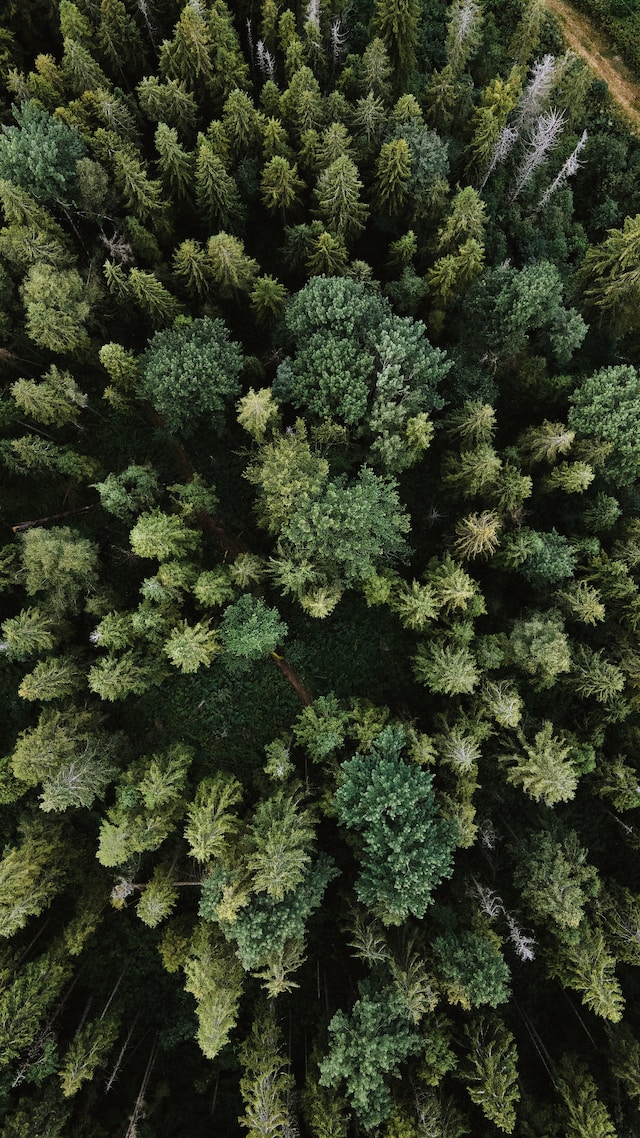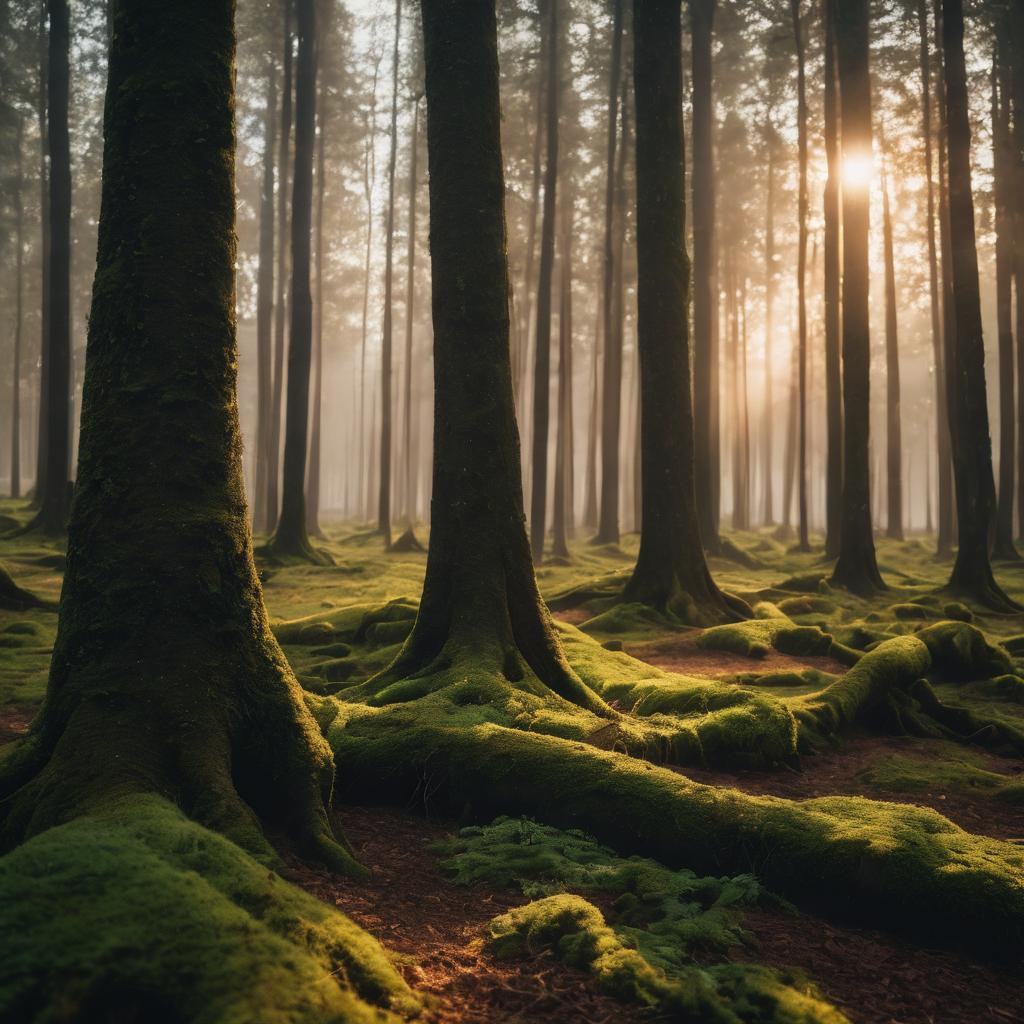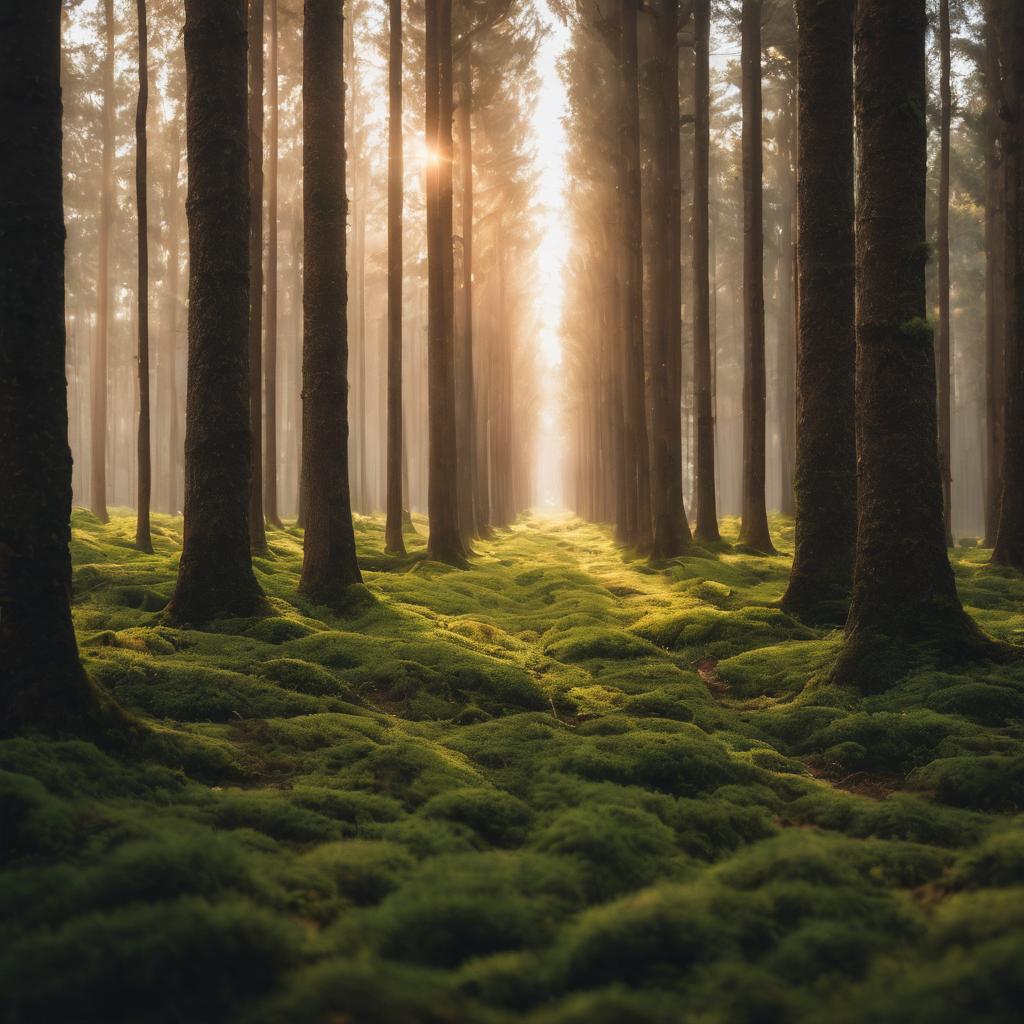Introduction
Most of us have heard about the importance of trees, but it’s always helpful to be reminded why they’re such an important part of our lives. Trees provide oxygen, cool the air around us, reduce carbon dioxide in the atmosphere and prevent soil erosion. They can also provide food and medicine for many species. While there are many benefits to having trees around us, they’ve never been more vulnerable than right now. Climate change and urban expansion are major threats to forests around the world—and we could all stand to learn more about how humans are affecting tree populations worldwide.
Trees provide us with oxygen.
A tree’s ability to absorb carbon dioxide and release oxygen is one of its most important contributions to our planet. Trees are the largest producers of oxygen, which makes up 21 percent of the air we breathe. Oxygen is essential for life–without it, we would die within minutes. As you can imagine, trees play a crucial role in keeping us alive!
Trees cool the air around us.
Trees provide shade and cool the air around us by evaporation. When you’re sitting under a tree in direct sunlight, you probably feel cooler than if you were sitting in full sun. This is because trees help reduce air temperature by evaporating water through their leaves, which lowers humidity levels and makes for better air flow.
The amount of shade provided by trees also matters–if a tree provides too much shade, then it could make an area feel colder than it actually is. If there aren’t enough trees around your home or office building (or anywhere else), this may mean that people are spending more money on heating bills during winter months than they need to be spending!
Trees take carbon dioxide out of the air.
Trees absorb carbon dioxide and release oxygen. They’re also a natural carbon sink, meaning they help to remove greenhouse gases from the atmosphere. When trees grow, they absorb carbon dioxide during photosynthesis–a process that converts light energy into chemical energy stored in sugars and starches for the plant to use later on. When trees die or fall over, their decomposition releases the stored carbon back into the air as CO2 again–and this is why dead wood makes such great firewood: it’s full of combustible gases!
Trees are important because they help keep our planet habitable by absorbing excess CO2 from its atmosphere; without them we’d have higher temperatures due to increased levels of greenhouse gases like methane or ozone (O3).
Trees reduce the impact of drought and flooding.
Trees absorb water from the ground, which helps prevent erosion and landslides. They also reduce runoff and help prevent flooding by absorbing rainwater before it reaches streams, rivers and other waterways. This helps recharge groundwater supplies that people rely on for drinking water during dry spells or periods of heavy rain when reservoirs are full but running low on supply.
Trees can help prevent soil erosion and landslides.
Soil erosion is a serious problem in many parts of the world, where it causes loss of topsoil that can take centuries to replenish. When trees are present on the landscape, they help reduce this problem by holding soil in place with their roots and limiting runoff from rainwater or snowmelt. This can be an important factor in preventing flooding during heavy storms or periods of rain when there is little vegetation cover to absorb excess water.
Trees are a source of food and medicine for many species.
The seeds, fruits, leaves and bark of trees provide food for animals and birds.
The leaves that fall from the trees can be used to make tea or to add flavor to soups or stews. The roots of some plants are eaten by humans as well as other animals (such as elephants), while others have medicinal properties that help treat ailments such as inflammation or feverishness. Trees also provide shelter for animals such as birds who build nests in their branches or squirrels who build their homes in the hollow trunks of large trees like maples or oaks
We need trees more than ever, especially because they are vulnerable to climate change, deforestation, and urban expansion.
Trees are vulnerable to climate change, deforestation and urban expansion. They provide us with food, shelter and medicine. We need them more than ever because they can help prevent soil erosion and landslides during floods or droughts. Trees also absorb carbon dioxide from the atmosphere that would otherwise contribute to global warming.
The importance of trees is not just limited to human health: they support biodiversity by providing homes for many species of animals as well as pollinators such as bees who depend on flowers grown by trees in order to survive themselves!
Conclusion
We need trees more than ever, especially because they are vulnerable to climate change, deforestation, and urban expansion. We should all be doing our part to protect these important organisms from extinction by planting new trees and caring for existing ones in our communities.












